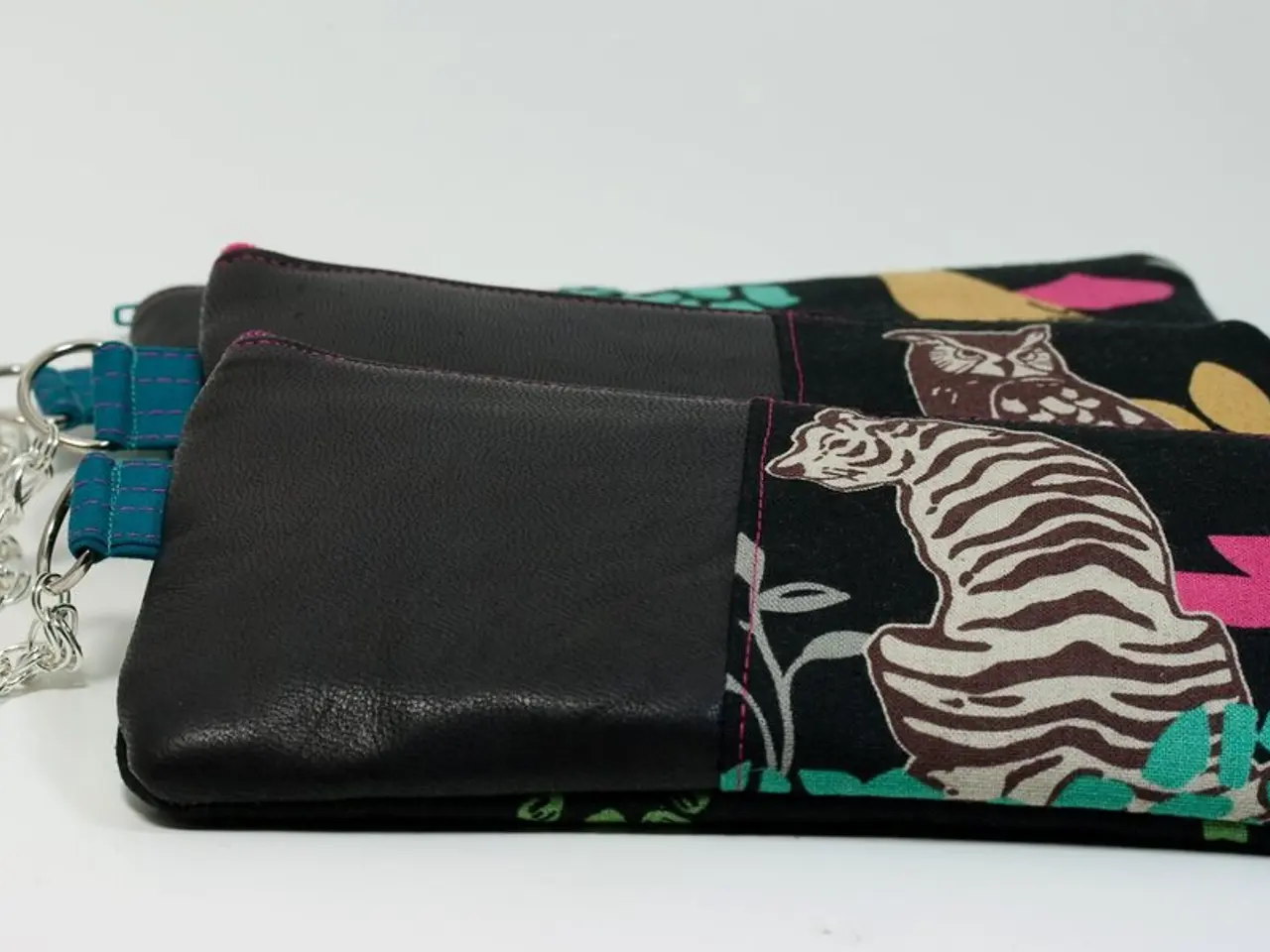Preserved Trains Maintain Rail Schedules in North Rhine-Westphalia
In the heart of North Rhine-Westphalia (NRW), TRI Train Rental GmbH is making a significant impact on the region's transport network. The company, which specializes in providing emergency and replacement trains, is playing a crucial role in enhancing the reliability of regional transport schedules.
TRI's historic trains, powered by modern locomotives capable of reaching 140 kilometers per hour, are a common sight on several lines. These vintage carriages, no longer being built, are the market leader in Germany for such services.
Simon Kruck, a train driver for TRI, prefers the older technology due to its more interactive nature and fewer electronic displays. The company's historic trains offer a simpler, nostalgic experience that passengers seem to enjoy.
Last year, punctuality and reliability of trains in the Rhine and Ruhr region reached an all-time low, with every fourth train delayed and every sixth train canceled. To prevent this from happening so often, TRI is now taking over individual trips during peak times.
The regional transport association is seeking help from the past, using historic trains from the federal railway era as replacement trains. Initially, the trains from TRI were mainly used for football special trains or tourist special trips. Now, they are increasingly in demand as replacement trains in local transport.
TRI's historic carriages have been modernized as much as possible, ensuring passenger comfort and safety. The routes usually served by National Express and the Eurobahn are facing a shortage of train drivers, leading to cancellations and even the removal of entire lines from the timetable for months. In contrast, TRI trains are less prone to breakdowns compared to modern trains, allowing for quick recovery in case of issues.
The Niers-Erft-Bahn (RB 37) operated by TRI scored above average in passenger satisfaction, cleanliness, and reliability in a quality report. The carriages feature sliding windows, narrow doors that open with a firm tug on the handle, and a conductor who announces connecting trains, adding to the vintage charm.
TRI has also set up its own training area to nurture young talent interested in the old technology. This initiative not only ensures a steady supply of qualified train drivers but also contributes to the preservation of this unique piece of transportation history.
Currently, TRI trains run four times a day between Düsseldorf and Hamm, and are also on the RE6, RE3, and RE7 lines as replacements. As TRI continues to expand its services, it is playing an increasingly important role in maintaining the reliability and stability of the regional public transport network in NRW.
The community policy of TRI Train Rental GmbH now includes vocational training in the field of transportation, focusing on the restoration and operation of historic trains. This move aims to finance the preservation of these vintage carriages while simultaneously addressing the current shortage of train drivers in the industry.
In support of the region's economic growth, TRI's vocational training program offers opportunities for individuals to gain skillful expertise in the transportation sector, contributing to the improvement of vocational training within North Rhine-Westphalia (NRW).




